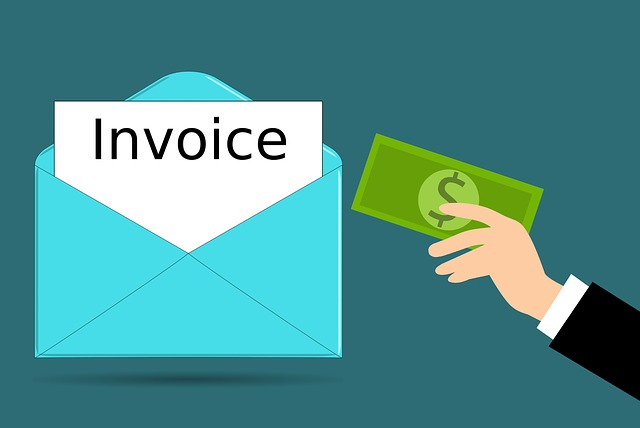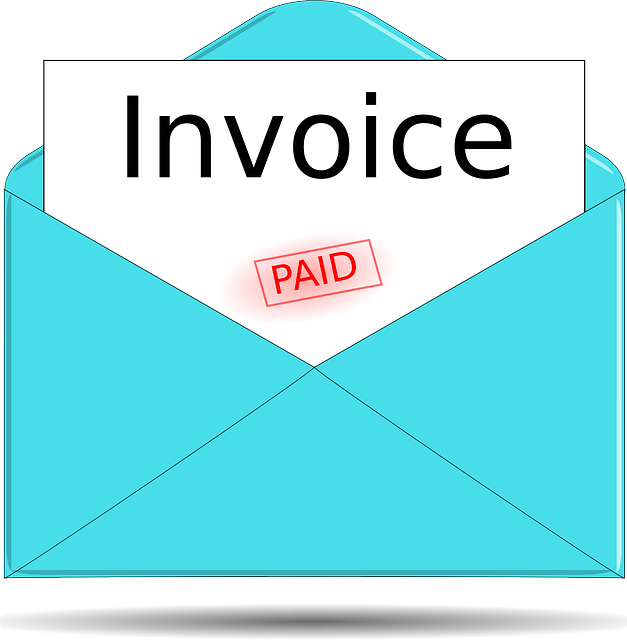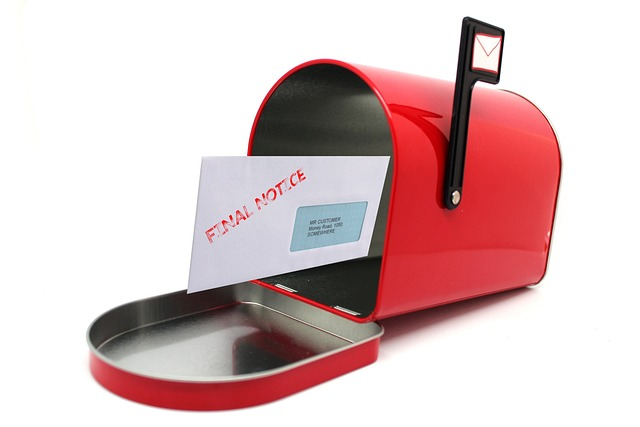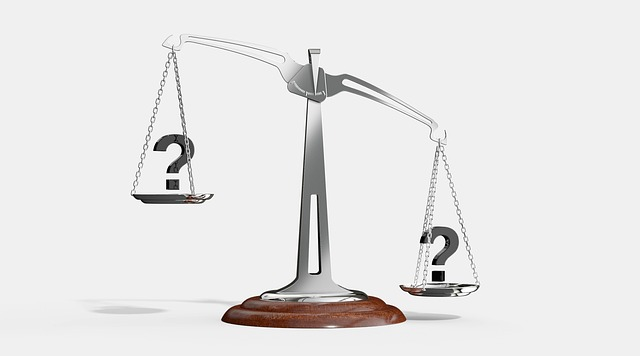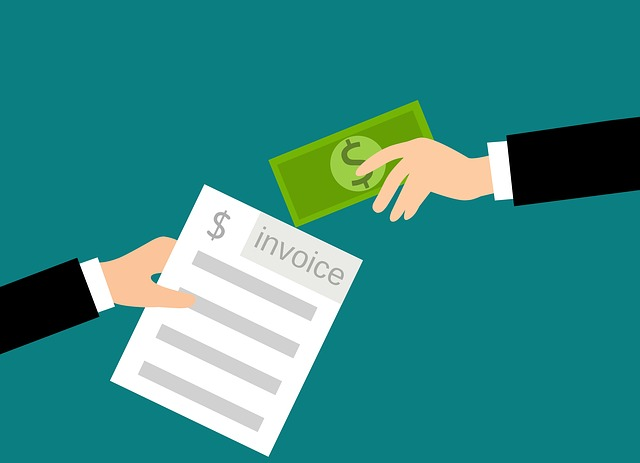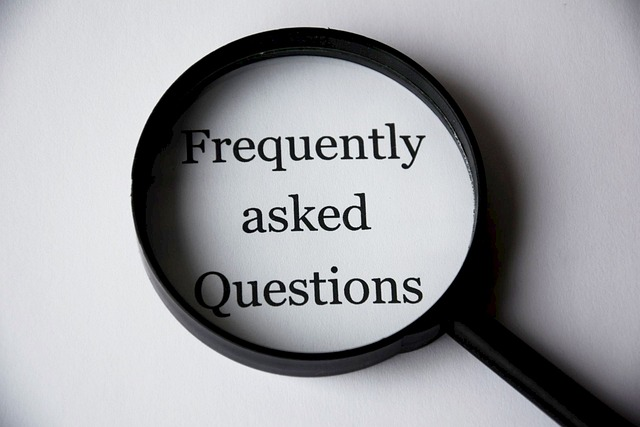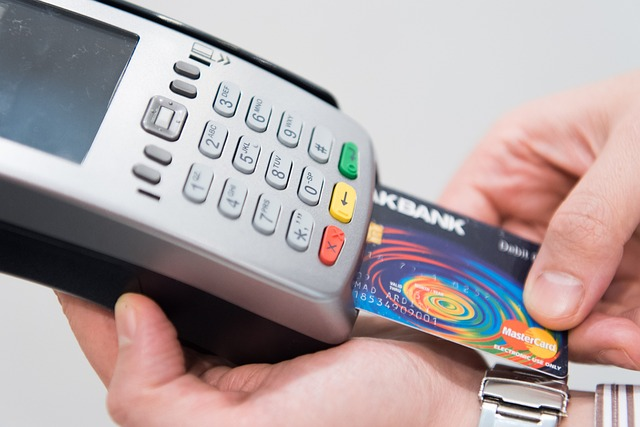What is an Outstanding Invoice?
An outstanding invoice refers to a bill the client has not paid past the due date. Businesses that sell on credit will issue an invoice to be paid later for goods or services received. The transaction is recorded in accounts receivable, and the invoice is outstanding until the client pays.
Businesses must track these outstanding payments because they directly impact the company’s income and financial stability. When clients fail to pay their bills on time, it can lead to cash flow issues, affecting the ability of the business to meet its financial obligations.
By tracking outstanding invoices, businesses can stay on top of their accounts receivable and take necessary actions to ensure timely payment. This involves closely monitoring the total amount of overdue invoices and actively following up with clients who have missed their payment deadlines.
If unresolved, unpaid outstanding invoices can accumulate late fees and penalties, further straining the relationship between the business and its clients. The longer an invoice remains outstanding, the more challenging it becomes for companies to collect payments.
What does a Past-Due Invoice mean?
A past-due invoice occurs when a client fails to pay their bill by the specified deadline. This means the payment is late, which can lead to additional charges such as late fees and penalties added to the total amount owed. For example, if a company’s policy states that payments are due within 30 days of receiving an invoice, any payment made after this period would be considered past due.
The impact of past-due invoices on businesses cannot be overstated. When clients fail to settle their bills on time, it can significantly affect a company’s income and cash flow. The longer an invoice remains unpaid, the more strain it puts on the business’s financial health. Unpaid invoices create stress for businesses because they rely on timely payments for smooth operations.
What’s the difference between Outstanding and Past-Due?
An outstanding or unpaid invoice is a bill that has not yet reached its due date. This means the payment for the goods or services provided is still pending and within the timeframe allowed by the seller. For instance, receiving an invoice with a 30-day payment term will be considered an outstanding payment until those 30 days have passed.
On the other hand, a past-due invoice refers to a bill that has surpassed its designated deadline for payment. When an invoice becomes past due, the seller may apply late fees and penalties as compensation for delayed payments.
Once an invoice crosses into past-due territory, businesses should promptly follow up with their client through various channels, such as emails or phone calls, to address this issue and attempt to resolve it amicably before further action needs to be taken.
What are the best ways to collect an Outstanding Invoice?
Implementing a collection strategy is crucial when dealing with past-due or outstanding invoices. This involves setting clear guidelines for following up on unpaid bills and establishing a timeline for each step of the collection process. By having a well-defined strategy, you can encourage timely payments, ensure consistency in your approach, and increase the chances of receiving payment for overdue invoices.
A clear collection strategy also helps maintain professionalism while pursuing client payments. It allows you to have a structured approach, ensuring that all necessary steps are taken without appearing disorganized or unprofessional. For instance, outlining specific intervals for sending reminder emails and making phone calls demonstrates diligence in managing outstanding invoices.
Polite yet Firm Reminder Emails
Sending polite yet firm reminder emails to clients regarding their overdue invoices is an effective way to prompt payment without straining the business relationship. These emails should be courteous in tone but also clearly communicate the urgency of settling the outstanding amount. By using language that conveys understanding while emphasizing the importance of timely payment, businesses can maintain goodwill with their clients while still addressing the issue at hand.
When crafting these reminder emails, it’s essential to personalize them as much as possible by including details such as the client’s name, invoice number, and total amount due. Personalization adds a human touch to the communication and reinforces that each client’s prompt payment is valued.
Direct Communication Methods
Direct communication methods such as phone calls or mediation allow one to discuss overdue invoices with clients more personally.
How can my business prevent Outstanding invoices from becoming past due?
Implement clear payment terms upfront and send timely reminders to prevent outstanding invoices from turning into past-due ones. Establishing good communication with clients can also help address potential issues before they escalate.
Establishing a schedule for following up with clients on outstanding invoices is essential for maintaining healthy cash flow and minimizing financial risks associated with prolonged overdue payments. By having a predetermined timeline for sending reminders or making direct contact regarding unpaid bills, you demonstrate diligence in ensuring the timely collection of income owed to your business.
How should my business handle Past-Due invoices?
When dealing with a past-due invoice, it’s crucial to take proactive steps to ensure timely payment. One effective approach is to send friendly reminder emails before the deadline, prompting clients to settle their bills. These reminders can serve as gentle nudges, helping clients remember and prioritize the outstanding invoice.
In addition to sending reminder emails, another strategy is to apply a late payment fee or penalty for past-due invoices. Clients know the potential consequences of late payment by including this policy in your initial agreement or terms of service. This not only incentivizes prompt payment but also compensates for any inconvenience caused by delayed payments.
Furthermore, reaching out to the client by phone after a certain number of days can be an impactful way to address a past-due situation. A personal touch through a phone call demonstrates your commitment and concern regarding the overdue payment. It allows you to have a direct conversation about the status of the invoice and any challenges the client may be facing that are hindering timely settlement.
Another essential consideration when handling past-due invoices is exploring mediation or a collection strategy if the invoice remains unpaid beyond a reasonable timeframe. Mediation allows both parties involved in the transaction to discuss and resolve issues amicably, potentially avoiding legal actions or damaging professional relationships.
Considerations for Unpaid Invoices
- Reminder Emails: Send friendly reminders before deadlines.
- Late Fees: Apply penalties as per your terms of service.
- Phone Contact: Make personal calls after specific days post-deadline.
- Mediation & Collection: Consider these options if invoices remain unpaid.
Frequently Asked Questions
Here are the most common questions about outstanding vs past-due invoice collection.
What are invoicing best practices when communicating with clients?
Using the client’s name in communication can make a significant difference. Addressing clients by their names shows respect and personalizes the interaction.
Sending polite reminder emails for invoice payment requests is a great way to prompt clients without being confrontational. It allows for gentle nudges, reminding them of their financial obligations without creating tension. Communications should also include accepted payment methods.
If necessary, following up with a phone call can be an effective approach when dealing with persistent late payments. A direct conversation can provide an opportunity for mediation and understanding the reasons behind the delay.
Implementing a clear and firm collection strategy is crucial in maintaining healthy cash flow. This includes setting specific deadlines, defining consequences of non-payment, and adhering to a systematic process when handling past-due invoices.
How long can an invoice be Outstanding before it’s Past Due?
An invoice is a bill that outlines the total amount of money owed for goods or services provided. Typically, invoices have a designated due date, often 30 days from the issue date. Once this due date passes, the invoice transitions from being outstanding to becoming past due. At this point, late fees and penalties may apply to the unpaid amount.
How should my business decide terms when invoicing clients?
Setting clear payment terms is crucial for invoicing clients. Clearly state the due date and consequences for late payments in the invoice. This helps avoid any confusion or misunderstandings about when payment is expected.
Most invoice terms operate on 30-day cycles:
- Net-30 Terms: The invoice is due 30 days from the issue date.
- Net-60 Terms: The invoice is due 60 days from the issue date.
- Net-90 Terms: The invoice is due 90 days from the issue date.
- Net-120 Terms: The invoice is due 120 days from the issue date.
However, you can also set custom terms, such as net-45. Choosing the appropriate terms depends on your cash flow needs and clients’ creditworthiness. Your industry might also play a role, as some industries have longer payment cycles.
What are the best ways to track Outstanding Invoices?
You can use various tools and techniques to track outstanding invoices:
- Utilize accounting software: Using accounting software can help businesses easily track outstanding invoices and manage their accounts receivable more efficiently.
- Send Regular Reminder emails: As mentioned, implementing an email reminder schedule helps encourage timely payment. Keeping track of those emails also enables you to establish a process for tracking payments.
- Implement a systematic follow-up approach: Set specific timelines for follow-up calls or emails and consistently follow through with those communications to ensure timely payment of outstanding invoices.
Accounts Receivable Aging Report
An accounts receivable aging report is a crucial tool for tracking outstanding invoices. This report categorizes all the outstanding invoices by their due dates, clearly showing how long each invoice has been outstanding.
By using this report, businesses can quickly identify which invoices are overdue and take appropriate actions to follow up with customers for payment. It also helps identify potential cash flow issues and allows businesses to prioritize their collection efforts. Overall, the accounts receivable aging report is essential for managing cash flow and ensuring that outstanding invoices are promptly addressed.
Is there accounting software to set up automatic invoice reminders?
Yes, several accounting software options offer automated invoicing features. These tools allow you to schedule and send friendly payment reminders automatically, helping streamline your invoicing process and maintain positive client relationships.
How can my business get paid early on Outstanding Invoices?
There are several strategies to ensure timely or early payment on invoices.
Early Payment Discounts
Offering early payment discounts can be an effective strategy to incentivize clients to pay promptly. By providing a small discount or other incentives for early settlement, you create an attractive proposition that encourages clients to prioritize your invoice over others in their inbox. This approach helps ensure timely income and fosters goodwill with your clients by demonstrating your willingness to reward prompt payments.
Communicating Late Fees
Clearly communicating late fees and penalties for past-due invoices is essential as it sets expectations regarding the consequences of delayed payments. You might consider including this information on each invoice or in a separate document outlining your billing policies. Doing so establishes transparency and provides clear guidelines about what happens if an invoice goes unpaid after the deadline.
Invoice Factoring
Invoice factoring is a financial transaction where a business sells its accounts receivable to a third party at a discount. This allows the business to access cash quickly instead of waiting for customers to pay their invoices.
Invoice Factoring through UCS has the following features:
- Max Funding Amount: $10k – $10 million.
- Factor Rates: Starting at 1% p/mo.
- Terms: Up to 24 months.
- Speed: 1-2 weeks.
The factoring company then collects the payments from the customers, taking a fee for their services. This can help businesses improve cash flow and manage their working capital more effectively. Small businesses or those with slow-paying customers often use invoice factoring to bridge the gap between invoicing and receiving payment. It’s a valuable tool for managing cash flow and ensuring business operations continue smoothly.
Invoice Factoring Pros & Cons
Pros:
- Provides immediate cash flow for businesses.
- Can help improve working capital and liquidity.
- No need to wait for customers to pay invoices.
- Can be a good option for businesses with inconsistent cash flow.
Cons:
- Costly compared to traditional financing options.
- May require giving up a percentage of the invoice value.
- Can impact customer relationships if the factoring company handles collections.
- Not suitable for all types of businesses or industries.
Outstanding vs Past-Due Invoice Collection – Final Thoughts
Understanding the difference between outstanding and past-due invoices is crucial for maintaining healthy cash flow in your business. By implementing best practices for invoicing and communication, you can effectively collect outstanding invoices and prevent them from becoming past due.
Setting clear invoice terms, utilizing accounting software for automatic reminders, and establishing early payment incentives are all strategies to ensure prompt payment. Remember, timely invoicing and proactive follow-up can significantly impact your business’s financial stability.
Contact us if you have more questions about invoice collection or to apply for a small business loan. Our alternative funding experts can help you find the best business financing products to maintain a healthy cash flow.


